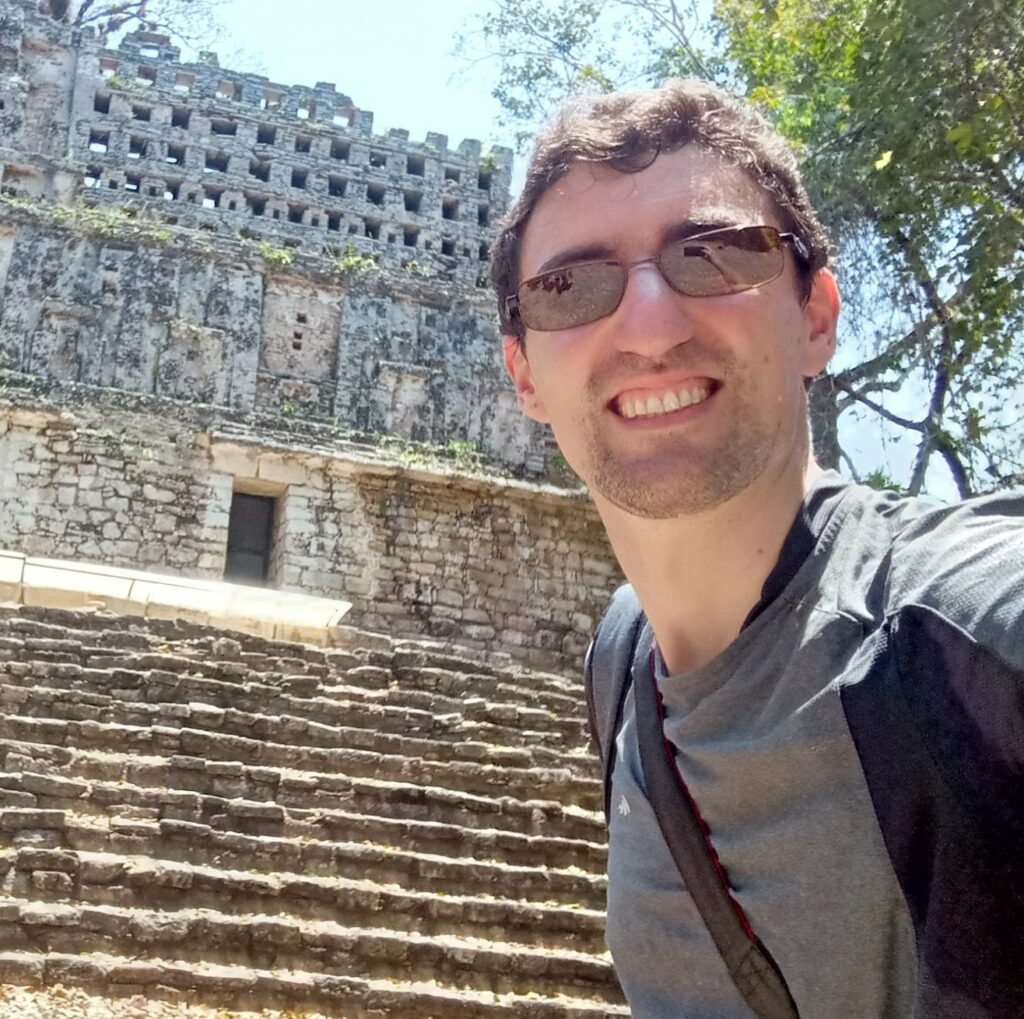
Analyzing data extracted from radiation tests in advanced SRAMs
by Juan Antonio Clemente (Presenter)
UCM, Universidad Complutense de Madrid, Spain
Abstract – When researchers perform experiments on advanced SRAMs in order to assess their sensitivity against radiation, it is important to correctly classify the observed errors according to their multiplicity (Single Bit Upsets (SBUs), Multiple Cell Upsets (MCUs), etc). However, this might become a challenge in modern devices that implement mechanisms to detect and correct such errors (bit interleaving and Error Correcting Codes (ECC), amongst others). The reason is that this information is usually intellectual property (IP) of the manufacturers. In this talk, we will discuss how this problem can be solved, even if said proprietary information is unknown to researchers. In addition, we will discuss the impact of error accumulation in experiments where too many bitflips are observed (due to a high particle flux, for example), and why the probability of observed so-called “false multiple events” is not negligible.
Juan Antonio Clemente
Juan A. Clemente received his degree in computer science and his Ph.D. degree from Universidad Complutense de Madrid (UCM), Madrid, Spain, in 2007 and 2011, respectively. He is an Associate Professor with the Computer Architecture Department, UCM, and a Researcher with the GHADIR Research Group. His research interests include the study of single-event effects tolerance of digital circuits, especially commercial-off-the-shelf memories, and their use in harsh environments, such as space. For conducting this research, he collaborates with the TIMA Laboratory, Grenoble-Alpes University, Grenoble, France, and with the ONERA (the French Aerospace Lab), Toulouse, France.
